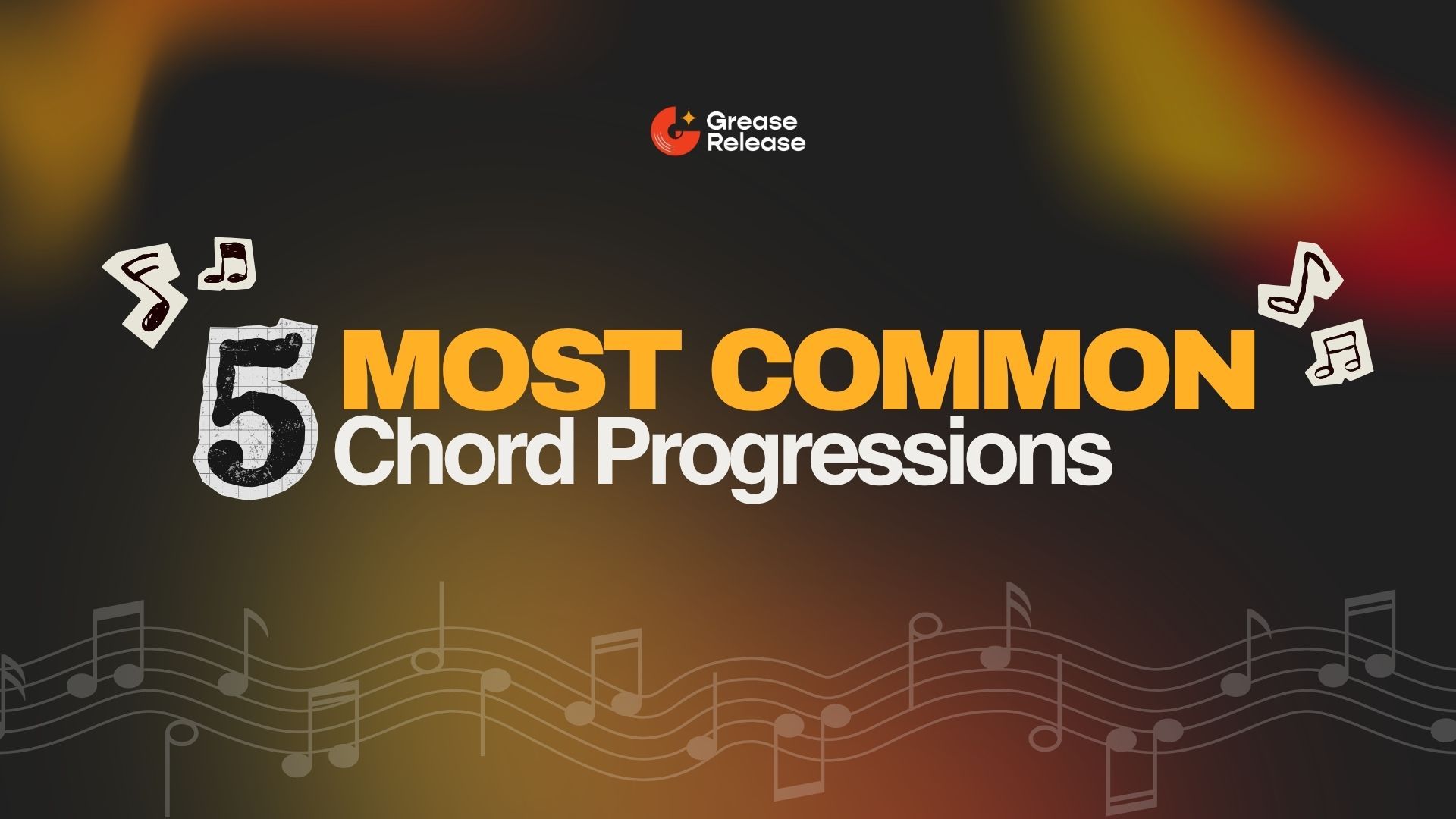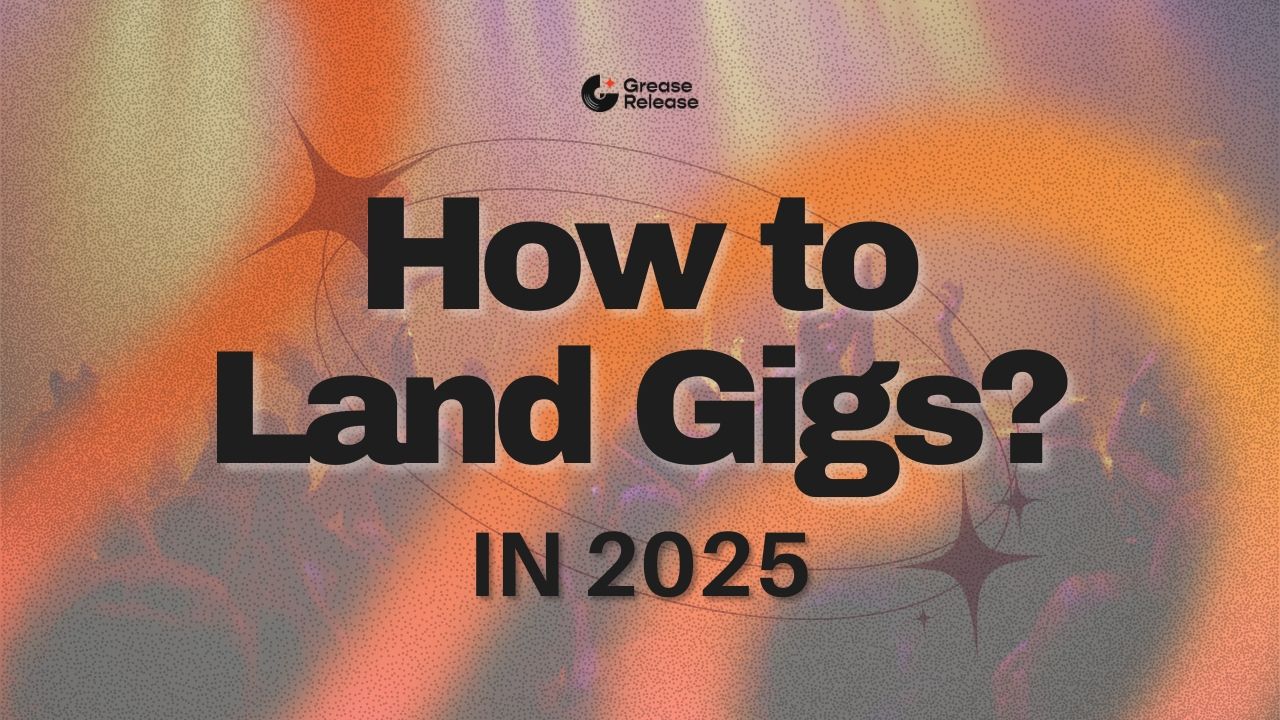
Landing A Job In The Music Industry in 2025
Nov 01, 2024How to Get a Job in the Music Industry
The music industry is an exciting, fast-paced field filled with diverse career opportunities. Whether you’re interested in performing, songwriting, music production, or behind-the-scenes roles, breaking into the music industry requires passion, persistence, and strategy. In this guide, we’ll walk you through the steps to get started, from understanding different career paths to building connections and creating a strong portfolio. If you’re serious about launching your music career, these tips and resources will set you on the right path.
We’ll be taking a look at the following:
What Are the Different Careers in the Music Industry?
The music industry offers a broad range of career paths, from performance and songwriting to behind-the-scenes roles in production and management. Some popular career options include:
- Songwriting and Composition: Crafting lyrics, melodies, or full compositions for artists or media projects.
- Music Production: Working in studios, engineering sound for recordings, or handling mixing and mastering.

- Music Marketing and Promotion: Creating marketing strategies to promote albums, singles, or events.
- Artist Management: Representing and guiding artists in their careers, including contract negotiations and brand building.
- Sync Licensing: Working with music licensing to place songs in TV, film, and commercials.
Pro Tip: Explore a music careers list to get an overview of all available roles in the industry and narrow down what aligns with your interests.
How To Get Started in the Music Industry?
Getting started in the music industry often means building foundational skills, gaining experience, and making connections.
- Education: Formal education in music business, sound engineering, or music production can be helpful. Many online platforms, such as Coursera and Udemy, offer music-related courses that provide valuable skills.
- Internships: Internships and volunteer work at studios, labels, or music events are excellent ways to learn and network.
- Local Events: Volunteering at festivals or live venues gives hands-on experience and industry exposure.
Pro Tip: Many music professionals have started their careers by taking online courses in music production or business. Platforms like Contra offer guides that can help you find the right educational path.
What Are Effective Ways to Network in the Music Industry?
Networking is essential for building a music career. Here are some tips to get started:
- Attend Industry Events: Conferences, music festivals, and local gigs provide excellent networking opportunities.
- Online Forums and Social Media: Platforms like LinkedIn, SoundBetter, and Facebook groups connect you with music industry professionals.
- Collaborate with Others: Join music projects, online collaborations, or local music groups to expand your network.

Pro Tip: Follow and engage with industry professionals on social media. Comment on their posts, share their content, and establish a presence that they’ll recognize.
How To Build an Impressive Portfolio?
A well-organized portfolio showcases your skills and experience to potential employers or collaborators. Here’s how to get started:
- Showcase Relevant Work: If you’re a producer, upload your mixes to SoundCloud or YouTube; if you’re a songwriter, share samples or lyrics on your website.
- Organize by Skills: Highlight different skills in separate sections, like production, songwriting, or instrument performance.
- Use Professional Platforms: LinkedIn, SoundCloud, and even Instagram can serve as digital portfolios for musicians.

Pro Tip: Update your portfolio regularly with new work. For example, post a recent track or live performance to keep your content fresh and engaging.
What Are the Best Job Sites for Finding Music Industry Roles?
There are several job boards that specialize in music industry roles, making it easier to find opportunities aligned with your goals.
- Symphonic Blog: This blog offers a list of job sites specific to music industry roles, including positions in production, marketing, and more.
- TuneCore: Known for music distribution, TuneCore also shares resources for musicians looking to find work.

- Deliver My Tune: Another site with resources and job listings tailored to music industry professionals.
Pro Tip: Set up alerts on general job boards like Indeed or LinkedIn, as well as music-specific job sites, to receive updates on relevant opportunities.
FAQs
Do I need a degree to work in the music industry?
Not necessarily. While formal education can provide valuable skills and connections, experience, networking, and a solid portfolio are just as important in the music industry.
What’s the best way to approach professionals in the industry?
Be genuine, respectful, and concise. Reach out with a clear purpose and personalize your message to show that you’re genuinely interested in their work.
How important is social media for finding a music career?
Social media is highly beneficial for networking and self-promotion. Platforms like LinkedIn, Instagram, and Twitter allow you to connect with other musicians and industry professionals.
How can I gain experience if I can’t find paid roles?
Consider volunteering at music events, interning at a local studio, or collaborating with fellow musicians on projects. Unpaid roles can often lead to valuable experience and connections.
Our Final Thoughts
Breaking into the music industry may seem challenging, but with the right approach, it’s achievable. By exploring different music career paths, building your skills, and actively networking, you can make meaningful progress. Remember, consistency is key—whether you’re applying for jobs, growing your portfolio, or connecting with others in the industry. The music industry rewards passion, creativity, and dedication, so stay persistent, and keep learning, and you’ll be well on your way to a successful music career.
We at GreaseRelease, have a bunch of curators on our network who are looking for new & exciting music to push on their massive playlists. If you make music and want to reach a wider audience, check out our submission platform and get a chance to reach millions of listeners! Submit your tracks now!
Don't miss my newsletter!
Join me on a music entrepreneurship journey with new tips and tricks delivered straight to your inbox.
We hate SPAM. We will never sell your information, for any reason.




